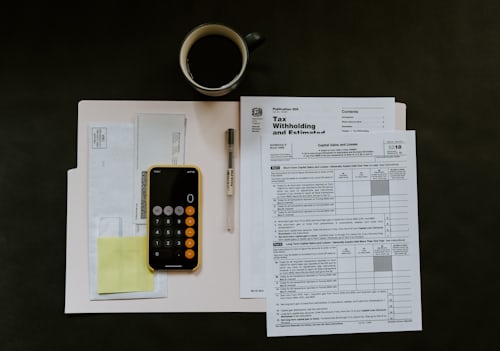With tips and example: fixed costs definition

However, when it comes to explaining the term correctly, some people might have problems. In order to clear these up, you will find a definition and useful tips and examples below.
Definition and explanation: What are fixed costs?
Fixed costs (or fixed costs) are generally understood to be operating expenses whose amount does not depend on the production volume. The fixed costs represent a part of the total costs. This is independent of the employment situation of a company and remains constant - it accrues unchangeably. Fixed costs are also referred to as stand-by costs or employment-independent and time-dependent costs. The reason for this is that fixed costs are completely independent of the reference size and output quantity.
To be more precise: In contrast to variable costs, fixed costs must always be planned for in companies and businesses and must always be able to be paid. This fact makes fixed costs particularly important and significant. Variable costs, on the other hand, increase in proportion to the quantity of products or services. However, if a company is not doing well, the fixed costs in https://exnesscom.com/how-to-trade-stock-shares/ will still be incurred in full - so they must always be kept in mind. If a company has to pay too high fixed costs, it can only act very inflexibly and react to changes in the market. Output and employment levels can then only be changed to a limited extent. In the event of a decline in sales, companies are threatened with insolvency.
The term fixed costs has its origins in the economy, even though it is often used outside the sector - for example, in the calculation of rent and other costs of private individuals. In business, fixed costs usually include rental costs, licences or contractual agreements and other costs, which are discussed in more detail in the following chapter.

Typical fixed costs of a business
Time and again, businesses and entrepreneurs fall victim to their own fixed costs. They need to think carefully about which fixed costs are unavoidable and how much they should be. Typical fixed costs of enterprises are the following:
- Rental costs of office and business premises.
- Salaries
- Depreciation of fixed assets
- Property taxes
- Interest payments and loan repayments
- Insurance
- Administrative and legal fees
- IT costs
- Storage costs
- Electricity and water
Calculation of fixed costs
It is important for companies to calculate the average fixed costs. As a rule, it makes sense to do this for the duration of a month with regard to an asset. To do this, you need to add up all the fixed costs that occur in a month.
Once you have determined the total value of all fixed costs, then the average fixed costs can be calculated. To do this, you need to divide the total value of all fixed costs by the number of products that your company or business has produced in a month.
Once again summarised as a formula:
Average fixed costs = total fixed costs : number of products produced in a month